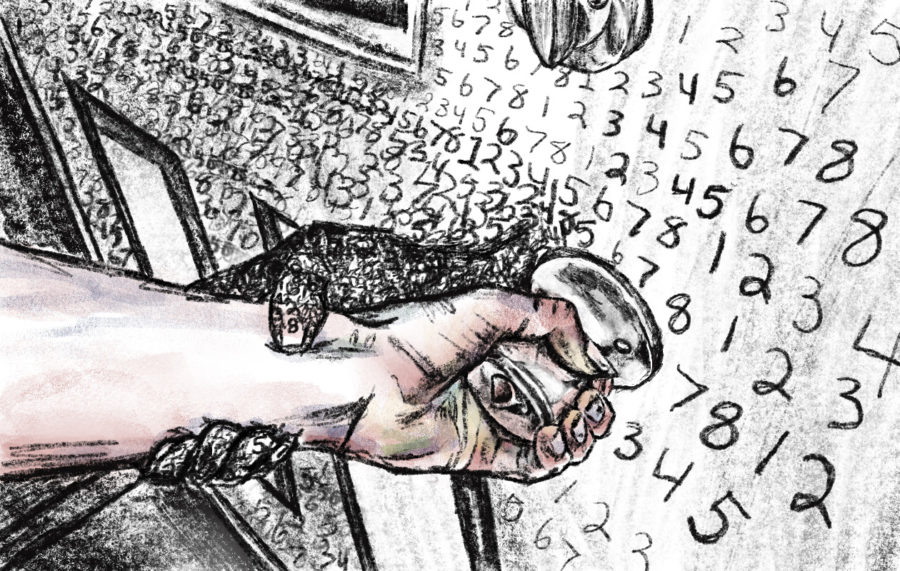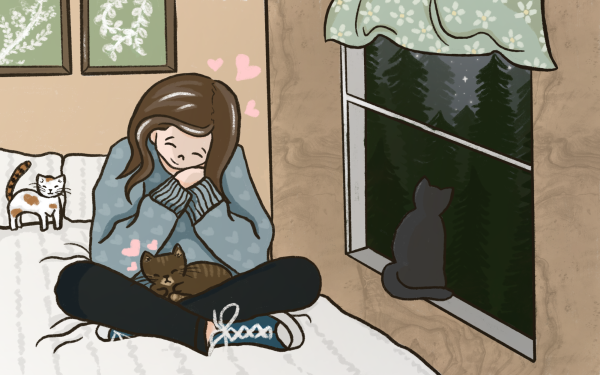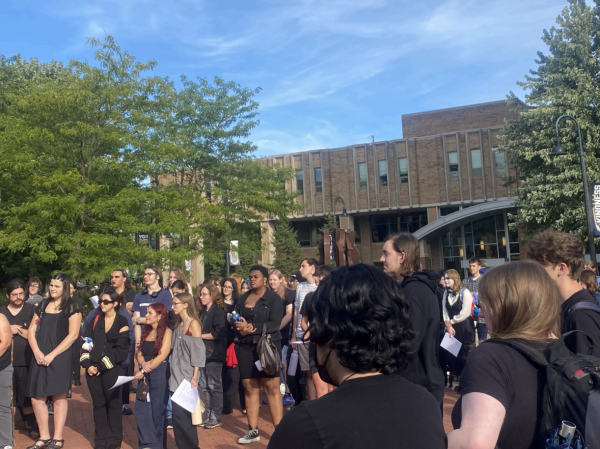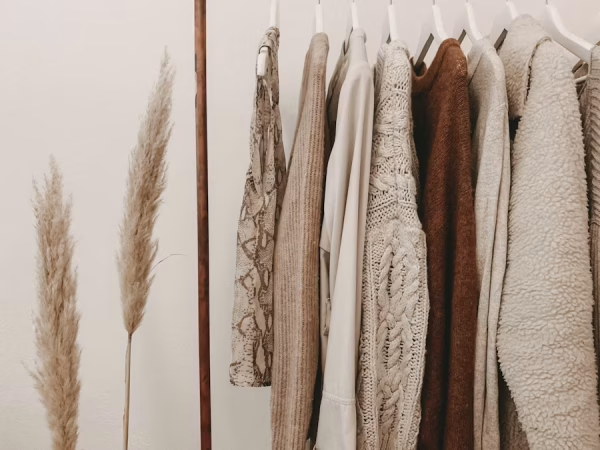ocd a new understanding: an interview with a clinical psychologist
This past year, I was diagnosed with Obsessive-Compulsive Disorder (OCD). What I had written off for years as eccentricities, turned out to be much more. In the media, OCD is always portrayed as being very organized. I can admit, I am not known as the tidiest person. So when my therapist told me that she thought I could have OCD, I laughed. Having to use a certain pen, needing things to be in a certain order, just being particular in general are what I associated with OCD. I’d overheard people using the phrase “I’m so OCD” about so many things I’d never thought twice about.
My OCD doesn’t present itself as an overarching need for cleanliness. My compulsions specifically fall under the categories of checking, counting and hoarding. When I shower everything has to be done in counts of eight; I have to grab an even number of paper towels when I wash my hands, volumes always have to be at an even number, and when I’m on the verge of a panic attack, my coping mechanism is counting in even intervals. When locking my car, I have to hear it beep (twice, of course, don’t forget everything is done in even intervals). I always check the locks in my house by turning the knob four times. If I attach meaning to any item, I can’t throw it out. All of these are things I have to do “or else.”
The “or else” is, in truth, nothing at all. I know nine times out of ten my car won’t be stolen and if I mess up my shower eight-counts, I’ll live to see another day. But that is not what it feels like. The anxiety I get from not performing my compulsions is so overwhelming it feels like being torn. If I don’t hear the beeps, I will turn around and make sure to follow my ritual. If by some miracle I get myself to leave my car without checking it’s locked, I’m bombarded with thoughts of it being stolen and broken into until I lock it and hear the beeps. If I mess up the six counts of eight when I shower then, in my mind, it’s like I didn’t shower at all. I got a Squishmallow from my friend one time and it turned into a seven month obsession and a collection of nearly 100.
In an effort to understand OCD on a more in-depth level, I interviewed Dr. John Schell, a clinical psychologist here at Kent State University. He is trained to work with individuals who present with a wide range of mental health concerns including OCD. Read on as I talk to Dr. Schell about the intricacies and nuances of OCD and how to cope.
What is the medical definition of OCD?
Dr. Schell: OCD is considered an anxiety disorder and is characterized by having uncontrollable, recurring thoughts (obsessions) and/or repetitive, compensatory behaviors (compulsions). These thoughts and behaviors often cause distress and interfere with a person’s life.
Does OCD have a known cause?
Dr. Schell: The causes of OCD are unknown, but risk factors include genetics, brain structure and functioning, environmental stressors and trauma.
How does someone get diagnosed with OCD? What are some requirements for a diagnosis?
Dr. Schell: A diagnosis of OCD is often made by a mental health provider such as a psychologist or psychiatrist based on presenting symptoms. The essential feature is recurrent obsessional thoughts or compulsive acts.
What are some of the ways you treat OCD without medicine? What is your attitude towards medication in the treatment of OCD?
Dr. Schell: OCD can be treated with individual therapy. The psychotherapy of choice to treat OCD is exposure and response prevention (ERP) which is a form of cognitive-behavioral therapy. Medications can be very helpful in treating OCD. They can help reduce the obsessional thinking, as well as the anxiety and the distress caused by the obsessional thoughts. Medications are often used in conjunction with therapy.
Can you explain the difference between obsessions and compulsions? And how do they interact to create OCD tendencies?
Dr. Schell: Obsessions are intrusive and repetitive thoughts, urges or mental images that cause anxiety and often significant distress. Compulsions are repetitive behaviors that individuals with OCD do in response to obsessive thoughts, typically to help manage the anxiety and distress they are experiencing.
In your opinion, do people misuse the term OCD?
Dr. Schell: Colloquially, people throw around the term a lot and often refer to themselves or others as being OCD when they are talking about someone who is really fussy or particular. This can trivialize the experience for someone who does have OCD and is experiencing anxiety and distress.
Is OCD treatable and can it be cured?
Dr. Schell: OCD can be treated with therapy and/or medication. Some people respond extremely well and experience significant improvement and reduction of their symptoms. For some, it no longer interferes with their daily lives and no longer causes distress. Others experience symptom relief but need to manage the symptoms and may experience an exacerbation in response to increased stress. The outcome depends on the individual and how well they respond to treatment.
Having OCD has been something that I’ve always struggled with. For as long as I can remember, I’ve felt as if the things that I did were not normal and that I was just weird for having to partake in my compulsions. Getting a diagnosis was, in a sense, very validating for me. But it also showed me just how harmful the misconceptions around OCD and the media’s interpretation of it can be. All this time, I had been equating OCD with being immaculately clean and being a germaphobe when it is so much more than that. If I had known how complex OCD could be or that it could present in many different ways I might have gotten the help I needed sooner. So before you call yourself OCD for wanting to alphabetize your books or color coordinate your pens, think about how that simplification could be harmful to those around you who suffer from OCD.
Support Student Media
Hi, I’m Grace Avery, the Editor In Chief of A Magazine. My staff and I are committed to bringing you the most important and entertaining news from the realms of fashion, beauty and culture. We are full-time students and hard-working journalists. While we get support from the student media fee and earned revenue such as advertising, both of those continue to decline. Your generous gift of any amount will help enhance our student experience as we grow into working professionals. Please go here to donate to A Magazine.








